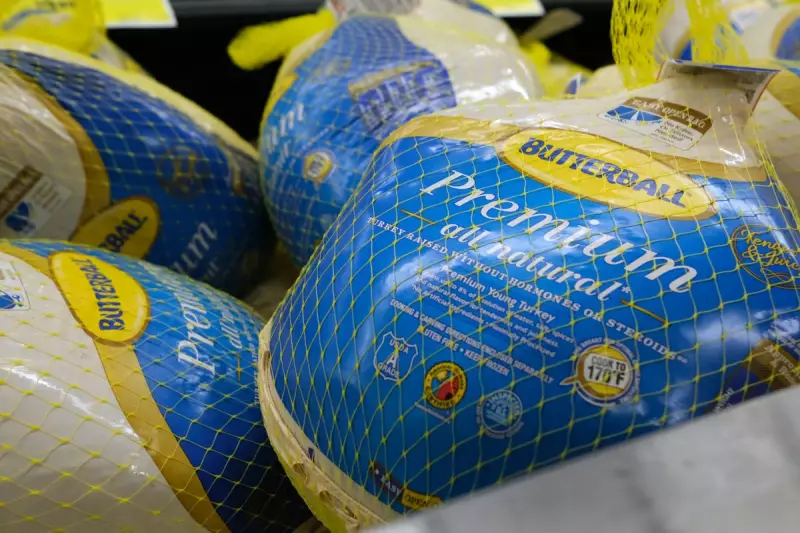
British families are bracing for a costly Christmas dinner as the nation's worst-ever bird flu outbreak threatens to send turkey prices soaring to unprecedented levels. The highly pathogenic H5N1 strain has devastated poultry farms across the country, creating what industry experts are calling a "perfect storm" for holiday food costs.
Unprecedented Outbreak Hits Home
The current avian influenza crisis has already resulted in the culling of millions of birds across the UK, with turkey producers being hit particularly hard. Many farmers have reported losses exceeding 50% of their flocks, creating severe shortages just as demand for Christmas celebrations approaches.
"This is the largest outbreak we've ever seen in the UK," confirmed Richard Griffiths, chief executive of the British Poultry Council. "The impact on Christmas turkey supplies will be significant, with some producers losing their entire seasonal stock."
Economic Ripple Effects
The timing couldn't be worse for consumers already grappling with the cost of living crisis. Industry analysts predict:
- Turkey price increases of 20-25% compared to last Christmas
- Potential shortages of premium free-range birds
- Increased demand for alternative Christmas meats
- Higher costs for other poultry products including chicken and eggs
The National Farmers' Union has warned that the situation represents an "existential threat" to some poultry businesses, with many smaller producers facing potential closure.
Government Response and Consumer Advice
Defra has implemented strict biosecurity measures across the country, including housing orders requiring all poultry to be kept indoors. However, wild bird populations continue to spread the virus, making containment increasingly challenging.
Food experts are advising consumers to:
- Order Christmas turkeys much earlier than usual
- Consider flexible menu options
- Explore locally sourced alternatives
- Budget for higher food costs this festive season
As the crisis deepens, both farmers and retailers are working to mitigate the impact, but warn that price increases are inevitable given the scale of the losses. The situation serves as a stark reminder of the vulnerability of our food supply chains and the growing challenges facing British agriculture.





